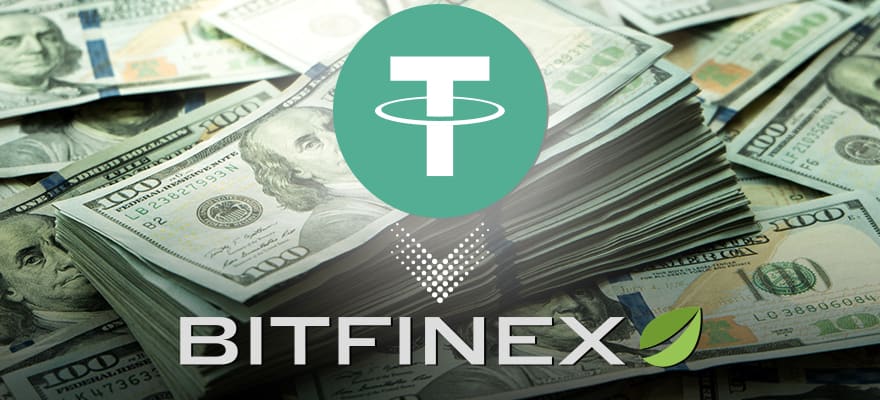The plaintiff that dragged crypto Exchange Bitfinex to court for Bitcoin price manipulation allegations denied amending their complaints despite a request from the court.
This came after the lawyers of Bitfinex and Tether requested the court to dismiss a lawsuit, labeling it “frivolous.”
The allegations were based on a research report by two American academics - John Griffin, a professor at the University of Texas and Amin Shams, an assistant professor at the Ohio State University - who alleged that USDT tokens were used on Bitfinex to manipulate Bitcoin’s price in 2017.
A bogus report?
Both Bitfinex and Tether attacked the report, calling it flawed and based on skewed data.
In the recent court filing, the plaintiff noted: “First, the study still concludes that USDT was being used to manipulate bitcoin prices. But importantly, the updates go further than the original study in connecting the manipulation to a single entity, concluding that ‘one large player on Bitfinex uses [USDT] to purchase large amounts of Bitcoin when prices are falling and following the printing of [USDT].’”
“The study, which has been accepted for publication by the Journal of Finance, ‘strongly suggests Bitfinex executives either knew of the scheme or were aiding it.’ In fact, Professor Griffin has publicly told the Wall Street Journal that ‘[i]f it’s not Bitfinex, it’s somebody they do business with very frequently.’”
In an updated version of the paper, the two researchers claim that one single Bitcoin whale was responsible for the price manipulation of the digital currency.
Late November, a second class-action lawsuit was filed against the crypto exchange and its sister token issuer, accusing the companies with the same claims.
Meanwhile, the two iFinex subsidiaries are also tangled up in a lawsuit against the New York Attorney General’s office for hiding a loss of $850 million from investors and subsequently securing a loan to cover that.

















